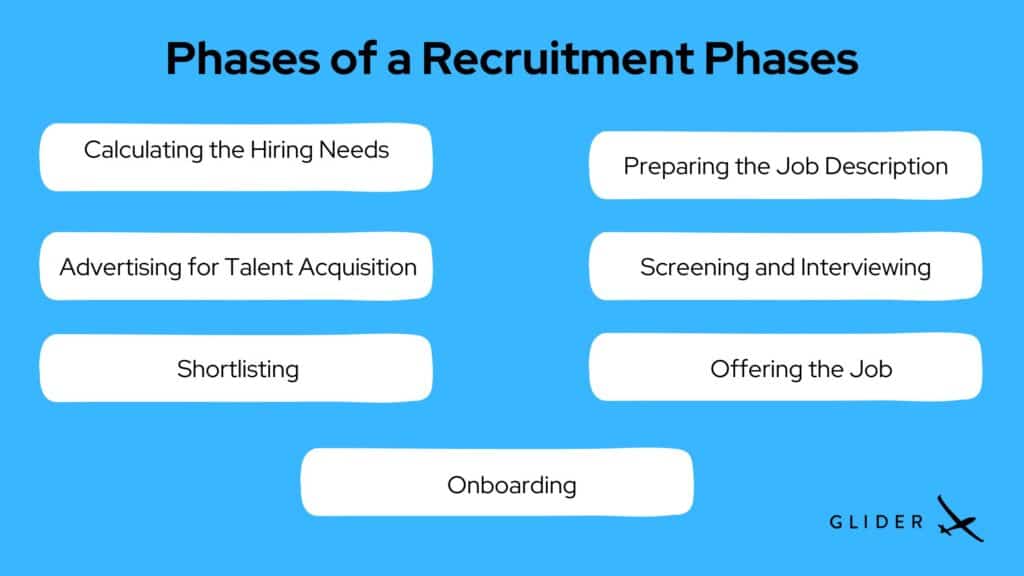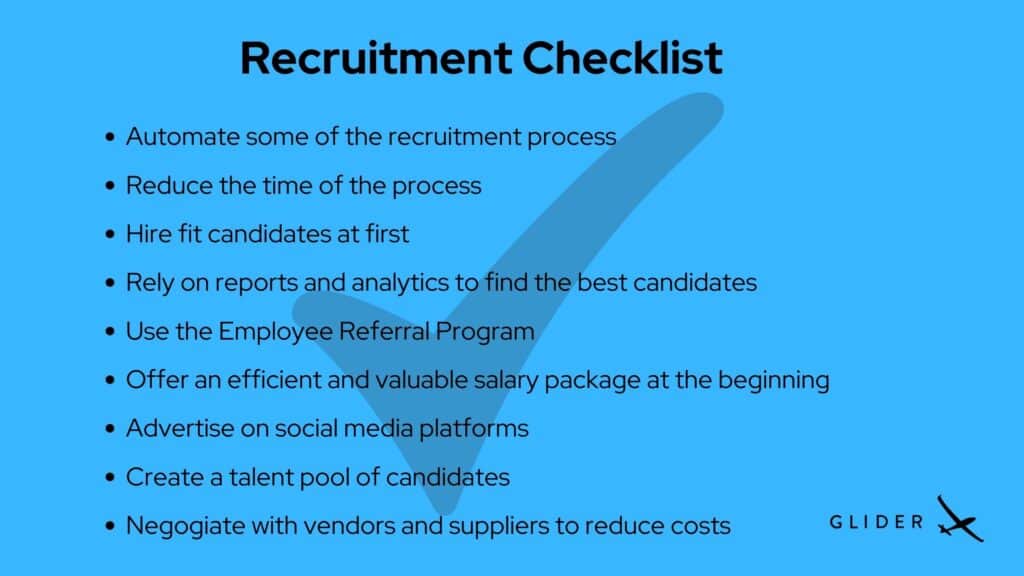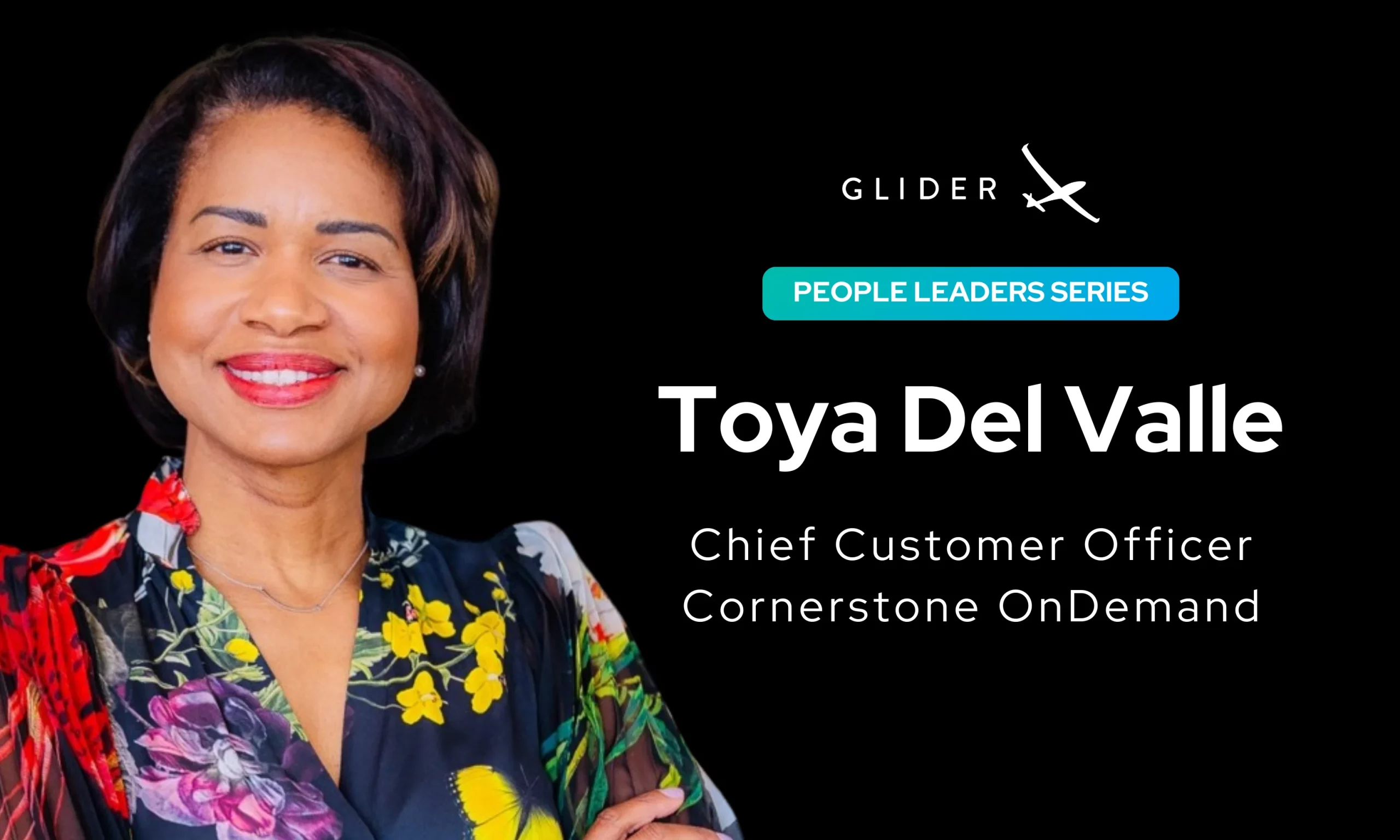
Make talent quality your leading analytic with skills-based hiring solution.

The penchant for improving the quality of hire never fades for companies. Recruiters overcome every possible hurdle to attract the best candidate based on the job roles. The grind never stops in the recruitment process. The meticulous approach of hiring managers toward every little detail makes the process work.
But, a question lingers in the minds of every recruiter, “Am I doing enough?”
The search for the most refined and effective recruitment process always continues.
In this blog, we are going to give recruiters all the valuables that they need to master the recruitment process and improve the quality of hire.

These are the basic phases involved in the recruitment process of the majority of companies. These common steps build the formation of the company’s success and thus, the recruitment process is one of the most important steps for achieving long-term goals.
To put it into simple words, ‘recruitment’ is the process of hiring employees who have the potential to uphold the status of the company and the skills required to enhance the company’s benefits. A process that starts with the identification of the desired candidate, followed by screening, interviewing, shortlisting, and finally ends with the onboarding is a proper recruitment process.
But, no matter how simple the whole process may seem, there are several curbs that recruiters need to check while implementing the recruitment process. Every company foretells the actual needs and calculates the number of new employees that are required. Speculating the needs depends on various factors, both internal and external.
Internal factors
External factors
An effective recruitment process depends on the company’s objective to select the right fit for the job role by evaluating the abounding situations.
Its people that shape culture and values. How that business shows up in the market will ultimately impact the talent you attract, and this becomes a self-fulfilling prophecy.
James Leslie, Marketing Manager of Executive Heads
An effective and efficient recruitment process attracts the best candidates. But more than that, a recruitment process showcases the status of the company to the candidates. The dignity and brand name of the company depends on the interview experience of the candidates.
A bad interview experience means candidates won’t prefer working in the company. A productive recruitment process helps the hiring team to successfully weed out the eligible candidates from a pool of talented individuals, maintaining the budget and time of the process in check.
Recruitment costs add up very quickly and it gets tough eventually to keep the budget in check. According to the International Public Management Association for Human Resources, 30% of companies spend around Rs. 220000 per hire while 15% of the companies spend a lump sum of Rs. 500000 per hire.
Though it may vary from company to company, the overall costs add up to a similar value. According to an analysis from Oxford Economics, an average onboarding process costs up to Rs. 300000.
The recruiter must understand the actual cost of the whole recruitment process and identify the areas that take up most of the money and eliminate them.

Companies use a lot of metrics to improve their recruitment process. The most frequent hiring metrics are:
Apart from all these common metrics, there is a metric that most companies do not pay much heed to but is one of the most essential metrics for the overall improvement of the process.
That forgotten metric is the ‘Quality of Hire’.
Quality of hire is the value a recruit adds to the overall success of the company, based on performance and tenure. This metric helps the company determine the value of recruitment as per the long-term goals of the company and identify the areas of improvement in the recruitment process.
Quality of hire is especially important in startups or small businesses. Unlike large corporations, startups are constantly shifting strategies and necessary skill sets, so when you hire someone, you’re not necessarily hiring that person for a specific role you can define two years out — but instead for a series of shifting potential roles that may be difficult to foresee.
Darren Litt, CEO of Markethire
The quality of hire is important because it measures how effective your recruitment process is and how successful your new hires are.
Scot Chrisman, CEO of The Media House
Along with improving the company’s recruitment process, quality of hire brings with it a lot of other benefits. Here are the benefits you gain by improving the quality of hire.
As a founder, I always involve myself in the recruitment process of my company to ensure the quality of people we are recruiting are of top caliber. I believe that the basis of a proper recruitment process is how well the company prepared the whole process to make sure that they will be getting the best candidates for the positions available.
Sonya Schwartz, Founder of Her Norm
Glider.ai helps in improving the quality of hiring for any company. The platform provides holistic assessments and interviews based on every job role and requirement. The platform also provides a pool of talented candidates based on the job roles for your convenience.

“The Perfect Candidate Just Hacked Us”: Inside the Global Playbook of Hiring Fraud That 100% test score might be your biggest red flag. Enterprise breaches don’t always start with phishing emails; sometimes, they start with a fake job interview. In this episode of Talented, Joseph Cole sits down with COO Ben Walker to unpack one […]

Can HR Stop Playing Buzzword Bingo with Skills and AI? If you’re an HR or TA practitioner or work in HR Tech in any capacity, AI and Skills-Based Hiring is what everyone is talking about. The problem? All the talk is diluting the importance of two very interrelated topics. Glider AI sponsored the Transformation Realness […]

Q&A with HR/TA Analyst Kyle Lagunas The traditional playbook that was HR is being rewritten. AI is reshaping work, skills-based strategies are transforming hiring, and HR teams are under pressure to deliver more with less. HR isn’t just about managing people anymore—it’s about engineering the future of work. In this Q&A session, Kyle Lagunas and Joseph […]